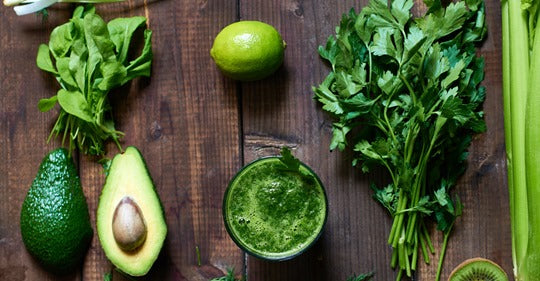Your liver is essential. It has over 500 imperative functions to help keep your body healthy. However, its role in our general wellbeing can easily be overlooked. In order to get well and stay well, liver health needs to be addressed. If your liver is healthy you will:
- Feel energetic
- Have clear eyes with no dark circles under your eyes
- Have clear skin
- Have a normal metabolism and healthy body weight for your frame
- Have normal, healthy cholesterol levels in your blood
- Not have any coating on your tongue
- Have a healthy immune system
- Not bruise easily
Conversely if your liver is not functioning well you will feel:
- Fatigued
- Generally unwell
- Nauseated at random times
- Itchy, especially worse at night
- Not hungry
- Bloated
- Swollen especially our ankles
- Abdominal pain under right side of ribcage
Oftentimes in order to improve our liver health we ideally need to undertake a liver detox. Yet the word detox is a buzz-word these days. It’s often attached to marketing a particular product, supplement or diet that claims to clear out the liver and return liver function to normal. But do these detoxes actually work and what does the word ‘detox’ mean?
Detox often refers to ‘detoxifying’ the liver by removing any build-up of toxins or substances that can overload it, such as environmental toxins, alcohol, and other substances found in our lifestyles.
The issue with relying on one particular product, supplement or strict diet to detoxify the liver is that this creates a reliance on these to be able to return your liver to good health. Another problem with relying on a strict diet is that it is often not sustainable. As soon as you stop following the diet and return to your usual lifestyle you will find the same problems occurring with your liver.
So to put the record straight first up I’d need to say that there is no one ‘detox diet’ that works for everyone. In fact, oftentimes the best approach is not extreme but rather involves making some small changes to our overall diet and lifestyle to help our liver to do its job.
One of the key roles of the liver is to detoxify harmful or chemical substances from the body such as environmental chemicals, pesticides, drugs, alcohol, and other toxins. The liver also has key roles in food breakdown, storage, and metabolism.
The key then to detoxify or cleanse the liver, so-to-speak, is to reduce exposure of the liver to substances which can overload this vital organ. The good news too is that the liver is remarkably efficient at renewing itself and so when given a chance the cells in the liver can regenerate and work as they should.
To help your liver work as it should try the following strategies:
Hydrate – provide your liver with the fluid it needs to effectively eliminate and detoxify. Avoiding further dehydration by reducing tea and coffee intake to no more than 2-3 cups per day.
Avoid Alcohol – alcohol is a direct toxin to the liver and so excessive intake can lead to liver cell damage. Do stick to safe limits, which is one standard drink for women on no more than five days per week or two standard drinks for men.
Reduce Toxic Fats – trans fats found in processed and packaged foods as well as excessive intake of saturated fats found in animal products such as fatty cuts of meat can overwhelm the liver’s ability to deal with these and can contribute to fatty liver disease, which is where the liver becomes ‘clogged’ with excess fatty tissue making it less efficient.
Reduce Sugar – fructose found in table sugar as well as fruit can overwhelm the liver also if eaten in excess. The result can be fatty liver disease as described above, as well as insulin resistance whereby your body becomes less able to handle and process dietary sugars. Limit processed founds as these often have hidden sugars as well s fruit to no more than two pieces per day.
Avoid Paracetamol – this drug is often taken in excess and for too long which can damage the liver. Stick to no more than 4 grams per day (usually equivalent to 8 capsules or tablets) for no more than three days consecutively.
Stay Regular – a healthy liver requires a healthy digestive system as the two are linked. Staying regular and avoiding constipation is key. Try increasing your fibre intake slowly to avoid bloating. If you have digestive troubles you could try taking a good quality probiotic.
Staying on top of your liver health
Start your day with a large glass of water. Some find it easier to drink room temperature or warm water with a little lemon added. Keep hydrated throughout your day.
Have a higher protein breakfast such as eggs on a bed of spinach or kale, a protein shake containing psyllium husks for fibre, or plain yoghurt and berries. Avoid processed cereals or fruit juices.
Have a lighter lunch – ideally a large salad with a small amount of protein.
Trade your afternoon coffee for a herbal tea instead.
Make your evening meal the smallest and opt for fresh steamed vegetables and fish, lean cuts of meat, or chicken. Ideally include in your week three serves of fresh fish. Avoid higher mercury containing fish such as swordfish, flake, or basa. Avoid over-indulging in desert by having a herbal tea instead and keep alcohol to a minimum. Perhaps trade a glass of wine for sparkling mineral water.


Leave a comment